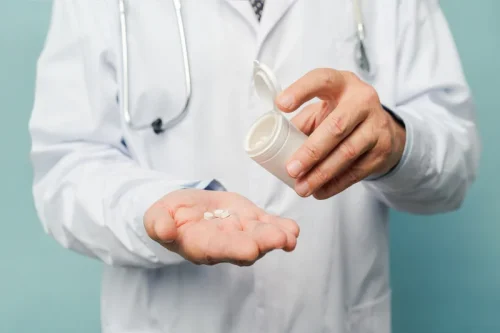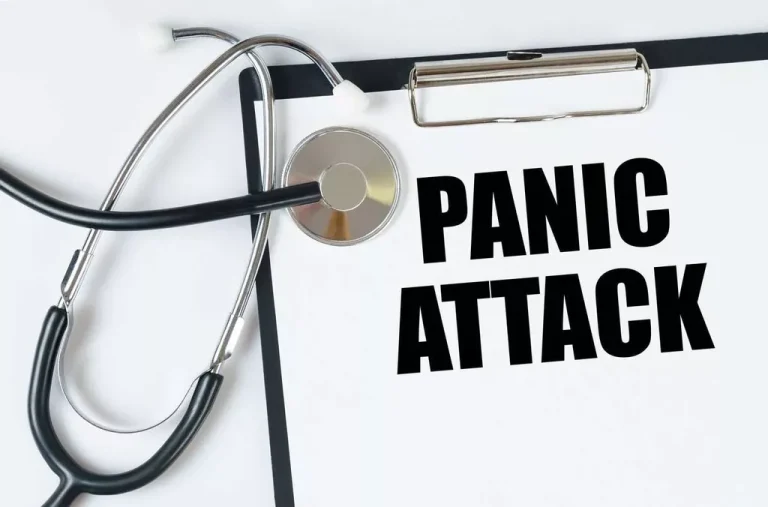
Dropping a few pounds lowers blood pressure and prevents further narrowing and blockages in your arteries, allowing blood to travel more efficiently. The symptoms of ED may be exacerbated by age due to natural declines in testosterone. Testosterone is a hormone that influences the sex drive, among other functions. Testosterone replacement does not improve ED but can help with libido and arousal, making it easier to get an erection. On top of that, you’re likely feeling less anxiety and are better able to regulate your emotions when life’s hiccups arise. Medicine and public health would benefit greatly if better data were available to offer more conclusive guidance about alcohol.

In fact, a 2016 study found that alcohol negatively affected the quality of sex for both men and women. Keep in mind, the family member with alcohol misuse issues could be a child or adolescent—as opposed to an adult. But regardless of which family member has alcohol-related issues, children can experience a host of effects related to alcohol misuse within the family. Various therapies and treatments, however, can help both children and family members deal with and recovery from these impacts. Setting clear and healthy boundaries is essential when dealing with alcohol abuse.

Like alcohol, stress interferes with signals between the brain and body that get and maintain erections. The brain plays a key role in triggering the series of physical events that cause an erection, starting with feelings of sexual excitement. Testosterone is central in the male sexual response, including the desire for sex and the mechanics of triggering an erection. Lower levels could mean problems getting and maintaining an erection, although people with perfectly normal amounts of testosterone can have erectile dysfunction. Chronic alcohol use also interferes with the production of testosterone, the hormone that governs male sexual functioning. Alcohol can also increase your total calorie intake; that can cause increased weight gain, which can also exacerbate ED.

It probably comes as no surprise that heavy alcohol use can impact your health. Alcohol abuse can affect the brain, digestion, weight, https://ecosoberhouse.com/ and increase your risk of several types of cancer. This can affect quality of life for both partners, and the family unit as a whole.
This can be challenging for the partner who is still craving sex and intimacy. Some partners may even wonder if they are no longer attractive to the other person. Also, if it’s a male partner who is struggling with alcohol use disorder, he may also have difficulties getting and maintaining an erection. People in relationships often share homes and short- and long-term goals, engage with one another daily, provide emotional, mental, and financial support, and care for one another.

She adds that not everyone who misuses alcohol develops these changes and that genetics, lifestyle, and environmental factors can also play a role. On the other hand, a 2020 Swiss cohort study found aggression how does alcohol affect relationships and hostility to be common personality shifts related to alcohol use. Everyone’s personality is unique, and while it can change as you experience life, the major components tend to persist through the years.

Recent Comments